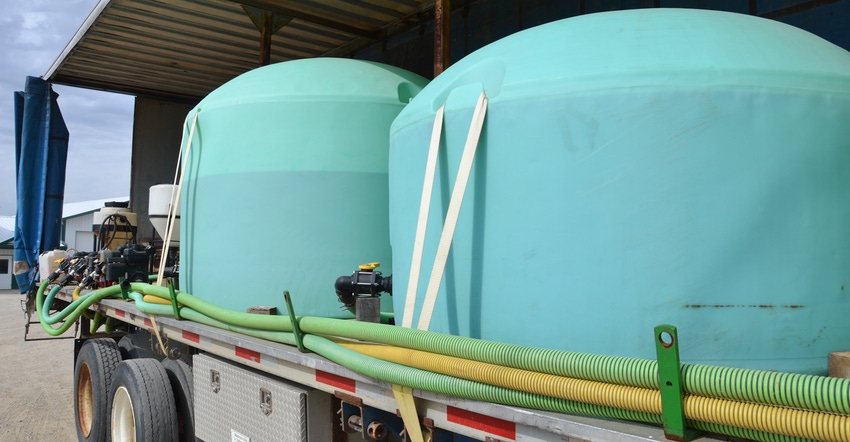
Annual ryegrass is deep-rooting, Don Donovan says. It scavenges leftover nitrogen and provides erosion control. These attributes make it an excellent cover crop but can also provide challenges for killing it.
Donovan is a district conservationist for the Natural Resources Conservation Service. He has worked alongside many no-tillers who have successfully no-tilled following an annual ryegrass cover crop.
It’s vital that you have a well-thought-out termination plan that includes options, he says. He notes that farmers who use annual ryegrass find they overcome these challenges with proper management and planning.
The first ingredient in a successful recipe to control it is a double measure of patience, Donovan notes. Weather conditions must be appropriate for terminating ryegrass. Generally, that means at least three consecutive days with temperatures over 50 degrees F and no nights with temperatures under 30 degrees.
A general rule of thumb is don’t spray ryegrass until you have mown your lawn a couple of times. Ryegrass must be actively growing to be successfully terminated, so it must be warm. Farmers find that if they load up the sprayer to terminate ryegrass on the first warm day of spring, they’ll regret it, Donovan says.
Timing is the second ingredient. Annual ryegrass needs to “wake up” in the morning and “goes to bed” early in the evening. Herbicide must be applied while the plant is actively growing so it will translocate down through 40-inch-deep roots. The translocation process can take three hours, so a 10-to-2-o’clock spray window works best for most of Indiana, Donovan says.
Water and herbicides
Spray water is one of the main ingredients in this recipe, Donovan continues. Do you or your retailer check the quality of the water before adding herbicides? Herbicides used to terminate annual ryegrass are typically more effective at lower pH levels.
Check with your retailer about products to lower the pH of your spray water to levels recommended on the product label. Hardness of spray water is as important as pH. In many places in Indiana, groundwater is hard due to high calcium levels of bedrock where wells are located. Donovan advises getting water tested and using appropriate products to adjust hardness to levels recommended on the product label. Just remember to adjust the pH and hardness of your spray water before you add herbicide. Never add herbicide before adding products to correct the water.
The final ingredient in Donovan’s recipe is knowledge. Do your research online, at field days and conferences, or find a local successful user of annual ryegrass to serve as your source of knowledge. Annual ryegrass can provide incredible benefits for your soil but can also be challenging. Seek out someone who has made it work and talk to them, but more importantly, listen, Donovan concludes.
Find more information online about using annual ryegrass as a cover crop and successful termination. Check out Purdue University Extension’s website for spray water quality information.
About the Author(s)
You May Also Like




